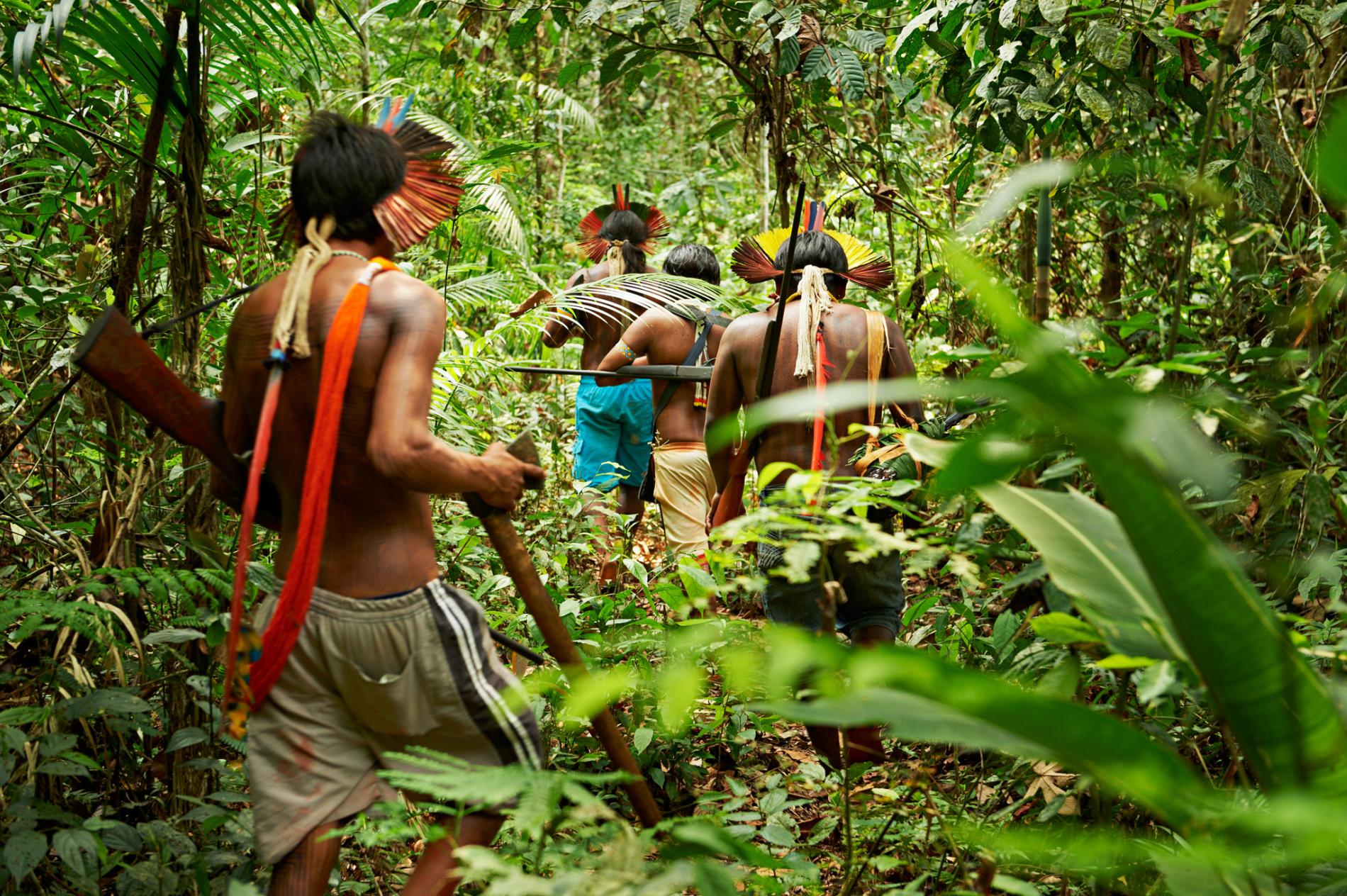Make EU trade with Brazil sustainable
Science | 26 April 2019
Make EU trade with Brazil sustainable
by Laura Kehoe,, Tiago Reis, Malika Virah-Sawmy, Andrew Balmford, Tobias Kuemmerle, 604 signatories
Brazil, home to one of the planet’s last great forests, is currently in trade negotiations with its second largest trading partner, the European Union (EU). We urge the EU to seize this critical opportunity to ensure that Brazil protects human rights and the environment.
Brazil’s forests, wetlands, and savannas are crucial to a great diversity of Indigenous peoples, the stability of our global climate, and biodiversity conservation (1). By working toward dismantling anti-deforestation policies, Brazil’s new administration threatens Indigenous rights and the natural areas they protect (2).
The EU spent more than €3 billion on Brazilian iron imports in 2017 (3), despite perilous safety standards and extensive deforestation driven by mining (4). In 2011 alone, the EU imported beef and livestock feed associated with more than 1000 km2 of Brazilian deforestation [equivalent to more than 300 football fields per day (5)]. The EU thus urgently needs to strengthen efforts on sustainable trade (6–8) and uphold its commitments on human rights, environmental protection, and climate change mitigation (9).
Halting deforestation makes economic sense, as intact forests are critical to maintaining the rainfall patterns on which Brazilian agriculture depends (10). Restoring degraded lands and improving yields could meet rising agricultural demand for at least two decades without need for further forest clearance (11).
We urge the EU to make trade negotiations with Brazil conditional on : (i) upholding the United Nations Declaration on the Rights of Indigenous Peoples ; (ii) improving procedures to trace commodities associated with deforestation and Indigenous rights conflicts ; and (iii) consulting with, and gaining consent from, Indigenous Peoples and local communities to define strict social and environmental criteria for traded commodities.
The EU was founded on the principles of respecting human rights and human dignity. Today, it has the opportunity to be a global leader in supporting these principles and a habitable climate by making sustainability the cornerstone of its trade negotiations with Brazil.
List of signatories (pdf)
References and Notes
- T. H. Ricketts et al., PLOS Biol. 8, e1000331 (2010).
- D. Abessa, A. Famá, L. Buruaem, Nat. Ecol. Evol. 3, 510 (2019).
- Eurostat, “Brazil-EU—International trade in goods statistics” (2018), Figure 7 ; https://ec.europa.eu/eurostat/statistics-explained/index.php?title=Brazil-EU_–_international_trade_in_goods_statistics#Most_traded_goods:_aircraft_and_associated_equipment.
- L. J. Sonter et al., Nat. Commun. 8, 1013 (2017).
- S. Henders, U. M. Persson, T. Kastner, Environ. Res. Lett. 10, 125012 (2015).
- European Commission, “Deforestation and forest degradation—Stepping up EU action” (2018) ; https://ec.europa.eu/info/law/better-regulation/initiatives/ares-2018-6516782_en.
- Amsterdam Declarations Partnership (2018) ; https://adpartnership.org/about/.
- European Commission, “Implementation of the trade and sustainable development (TSD) chapter in trade agreements—TSD committees and civil society meetings” (2019) ; http://trade.ec.europa.eu/doclib/press/index.cfm?id=1870.
- European Parliament, “Transparent and accountable management of natural resources in developing countries : The case of forests” (2019) ; www.europarl.europa.eu/sides/getDoc.do?pubRef=-//EP//NONSGML+TA+P8-TA-2018-0333+0+DOC+PDF+V0//EN.
- D. Lawrence, K. Vandecar, Nat. Clim. Chang. 5, 27 (2014).
- B. B. N. Strassburg et al., Glob. Environ. Chang. 28, 84 (2014).






